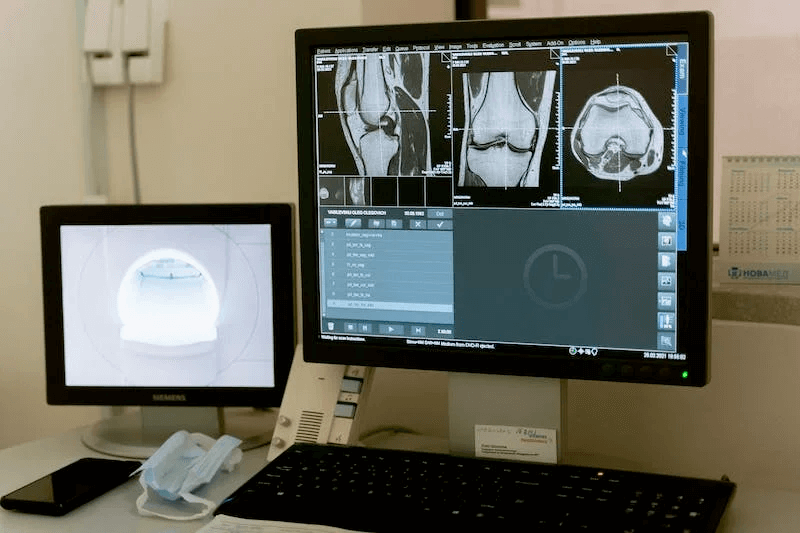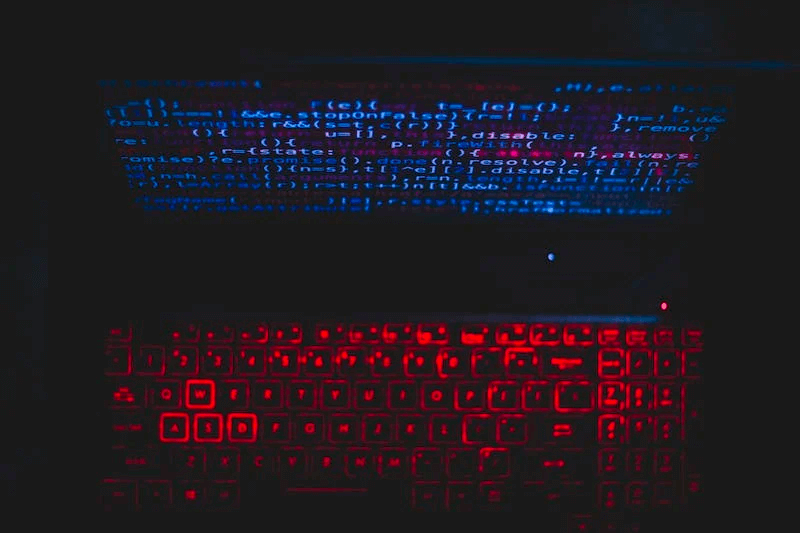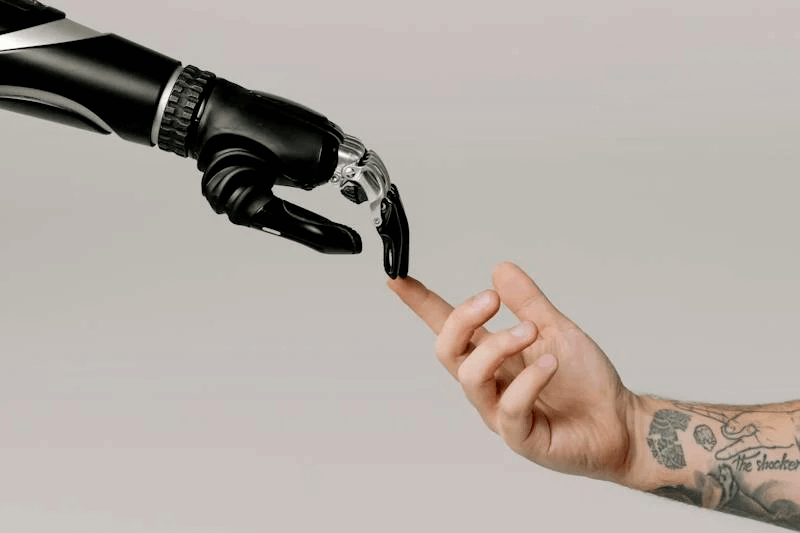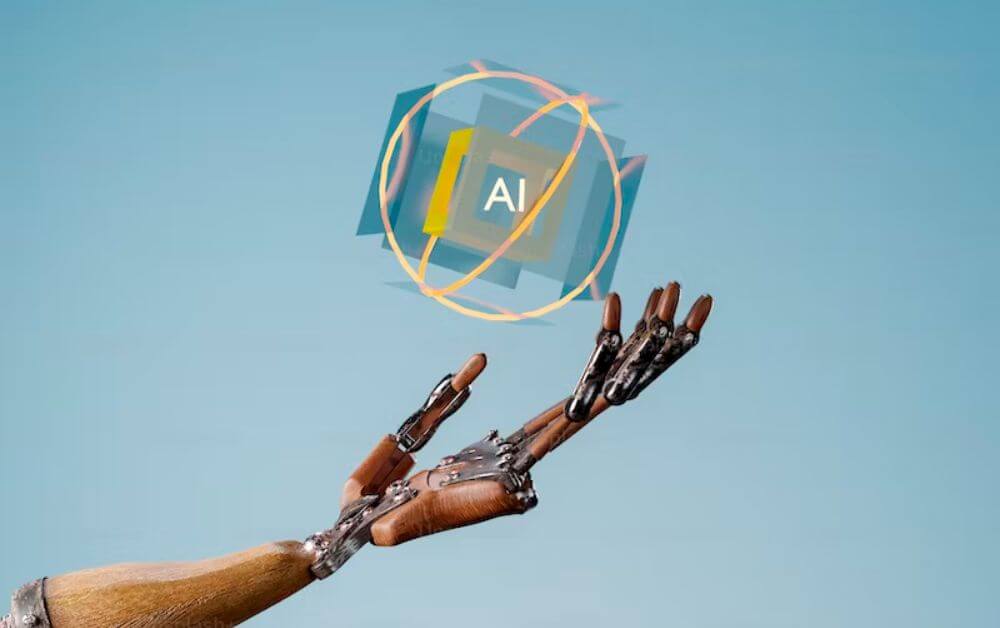Today’s insights are brought to you by my colleague and global futurist, Dean van Leeuwen.
As people look around, they can see we are living in an era of rapid technological evolution, marked by ‘intelligent advancements.’ The digital revolution, led in part by tools like ChatGPT, is reshaping our world in profound ways. Robotics, artificial intelligence, and machine learning have ignited a fresh era of automation. Even before the pandemic highlighted the necessity for new workforce competencies, technology was already redefining the future of work.
Today, we witness machines that can diagnose diseases, detect fraud swiftly, generate news articles, navigate warehouses, manage stock market trades, and even conduct legal research. The scale and scope of these achievements are expanding constantly.

With such rapid changes, it’s natural that concerns about AI’s implications for the workforce have also risen. Studies, like those by McKinsey, suggest that due to trends in remote work, e-commerce, and ongoing automation, over 100 million individuals may need to transition to new roles by 2030. Moreover, approximately 400 million jobs might experience disruptions during the same period.

But are businesses and society sleepwalking into a new world that will have profound implications without fully understanding the implications?
Who will benefit from these intelligent advancements and to what degree?
Will it be the elites, society as a whole or the machines?
Ultimately, AI and automation can be assets rather than adversaries. If executed correctly, they can enhance productivity, reduce tedious tasks, uplift living standards, and lessen inequalities. New roles can emerge, paving the way for more meaningful and human-centric professions. However, unchecked technological progression could suppress wages, intensify workplace surveillance, and magnify biases.
The trajectory technology takes lies in our hands, determining if AI and robotics benefit or hamper the future workforce.
Robotics, artificial intelligence, and machine learning have ignited a fresh era of automation. From CEOs to taxi-drivers the daily tasks of virtually everyone is undergoing transformation.
With such rapid changes, it’s natural that concerns about AI’s implications for the workforce have also risen. Studies by McKinsey, suggest that approximately 400 million jobs will be lost or displaced by 2030.
Balancing innovation and its societal implications become paramount. While robots can drive economic growth, there’s a critical need to ensure they don’t exacerbate societal disparities.
For businesses, the challenge isn’t just about how automation alters work but about maintaining purchasing power, especially if automation results in fewer or lower-wage jobs.
However, when combining technological advancements into the ways people do business, by becoming ‘bionic’, businesses have seen improvements in their productivity. Businesses harnessing AI are witnessing an enhanced performance, not just through labour substitution but through improved predictions, outcomes, and the discovery of new solutions in complex areas like synthetic biology and material science.
Companies succeeding in automation prioritise a ‘bionic’ approach. This means valuing human capabilities as much as technological ones.
Bionic organisations aim to harmoniously merge human talents with AI and data-driven tech to enhance customer experiences, streamline operations, and innovate.

The Grey Elephant framework is all about the forces of change that are transforming the 2020s. We refer to Grey Elephants as highly probable, high impact and yet ignored threats.
Ultimately this Grey Elephant, Intelligent Assistance/Advancements, presents an exciting opportunity to redefine work around uniquely human qualities like creativity, critical thinking, and social intelligence, paving the way for a future where humans and technology thrive in synergy.
The “Intelligent Advances” we witness are not mere tools; they represent a metamorphosis of work, learning, and innovation. Businesses and individuals alike must adopt an agile mindset, embracing continuous learning to not just keep pace but co-create with these technologies.
While the potential for transformation is limitless, so is the responsibility for thoughtful integration and skilling. This demands proactive leadership, fostering ethical frameworks for AI development, and investing in skills that complement technology, not replace it.
The future belongs to those who bridge the gap between human ingenuity and machine intelligence, collaborating to build a more sustainable, equitable, and innovative world.
If you’d like to read our articles on the 6 other Grey Elephants, here are the key catalysts to be aware of as they define this new age of humanity:
- Ageing
- Angry Planet
- Inequality
- Big Squeezes
- Angry People
- Multipolarity
- Intelligent Assistance
Read more about all 7 Grey Elephants here.
Dean van Leeuwen is the co-founder of TomorrowToday Consulting – a futurist consultancy working with leading organisations around the world. He is an expert on global trends, innovation, and strategic business transformation.
You can access Dean’s latest research on ‘Closing the Innovation Gap – The 7 strategic and cultural essentials that separate successful large-company innovator’s here or chat with us about our ‘Full blown innovation’ keynote presentation.


